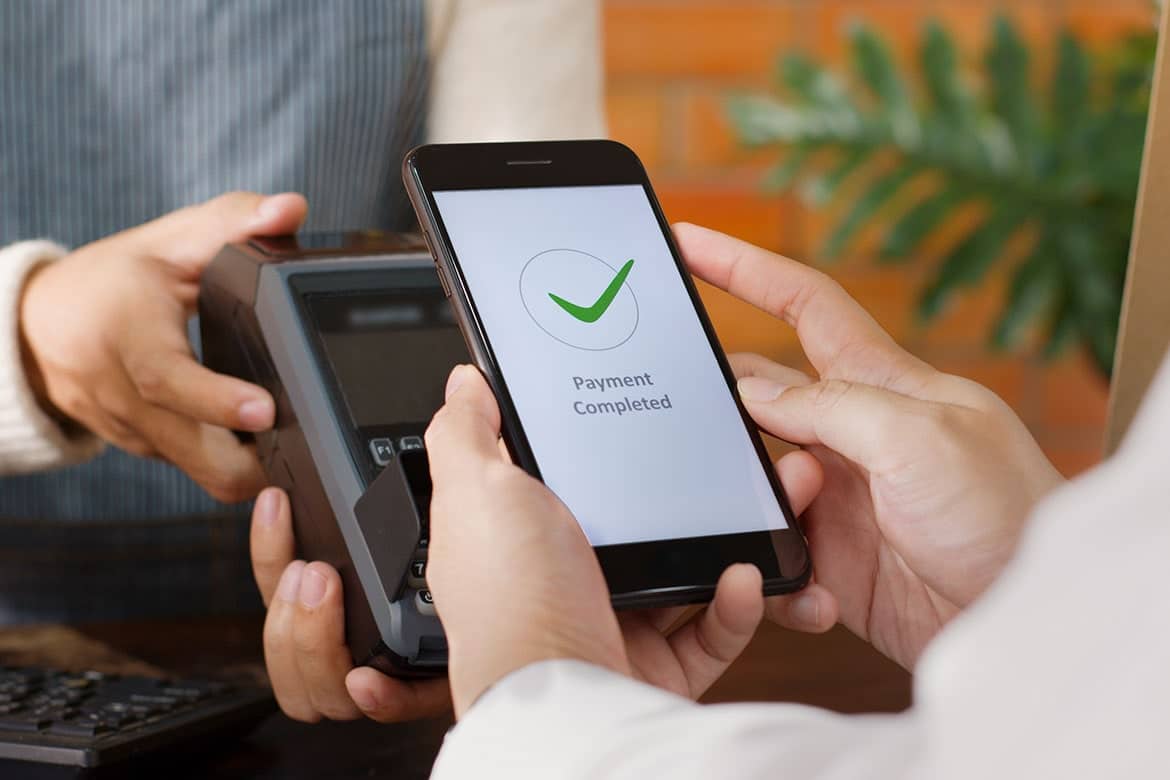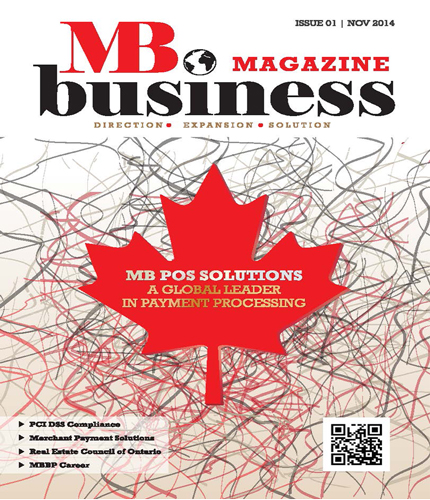The function in the role of the payment processors at the Point of Sale is essential. It allows retailers to process transactions using a variety of methods, i.e. credit or debit cards.
The performance of the processor is directly related to sales. The more efficient the payment processor is, the better the number of sales it will generate.
However, many companies need to catch up with the efficiency that payment processors provide. There are many causes that contribute to the low performance of processors. But, when it comes to selecting credit card equipment, less or no understanding of the technology of merchants can cost the merchants excessively.
1. PCI DSS Compliance
The first thing to look for in a payment processor is its PCI dss compliance. If a payment processor is PCI DSS compliant, it’s good to go. If not, then it should be updated accordingly. The PCI DSS compliance ensures the payment processors are 3D secure, protect customers’ data, don’t allow a security breach, and offer transparency in data transfer.
However, the databases of some payment processors are owned by service providers. Still being PCI DSS compliant guarantees, the data is safe and will remain intact.
2. Various Types Of Transactions
Technology is evolving fast, and so are the ways of doing business. There are multiple ways to process a transaction today, unlike a decade or a few years ago. Therefore the payment processors which process every type of transaction should be the priority of merchants.
A payment processor giving the freedom of credit card processing, in person, keyed, online, in voice, and mobile-entry transactions is a perfect fit for modern-day business requirements.
3. Cost-effective
Every payment processor charges a set of fees from the merchants on each transaction. However, the set of fees includes an assessment fee, interchange fee, and payment processor fee. The interchange and assessment fees are non-negotiable, but the payment processor fees are negotiable.
Therefore merchants should opt for payment processors with a nominal processing fee or a service provider open to negotiations.
4. Responsive Customer Support
The payment processors are, however, present at the point of sale. Still, the vendors can access and control them. Most payment processors are third-party services. Therefore, there is always a need for a communication channel between the merchant and vendor.
Suppose the 3d secure authentication failed or there is another issue with the processor. Customer support guides merchants about the solution. Similarly, if merchants require credit resource solutions login, or there is an administrative glitch or complex issues. The service provider sends their technical brains to troubleshoot the problems.
MBE POS
MBE POS helps businesses, especially small and mid-sized businesses. The main objective of MBE POS has been to empower businesses with the latest technology. To make the sale and purchase process convenient, time savvy, and secure.
MBE POS helps businesses to upgrade their point-of-sale systems in general. It provides businesses with an effective point of sale which acts as a functional service window.
Whether a business wants a payment gateway, payment processor, integrated payment solution, ATM, or anything related to POS, MBE POS caters to all point-of-sale needs.
Apart from this, the POS system provided by MBE POS is 3D secure and PCI DSS compliant. Data transfer is thoroughly monitored and stored in protected databases, and access to data is limited to only selective personnel.
This blog was originally published on https://pos.mbeforyou.com/ca/ on December 16th, 2022.



















No comments:
Post a Comment